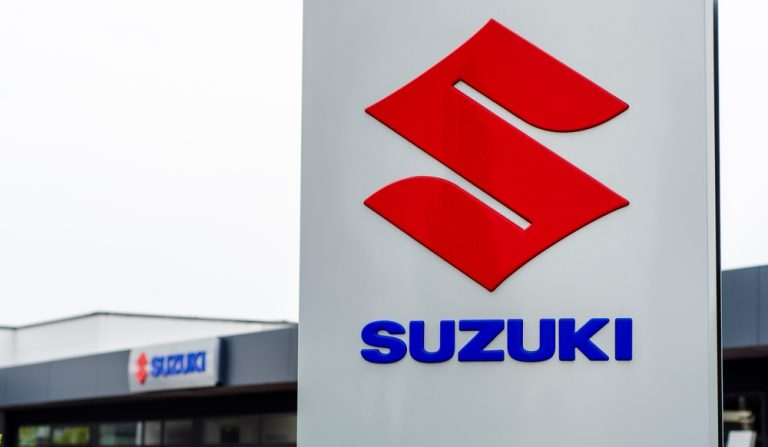Osamu Suzuki, the transformative former CEO of Suzuki Motor Corp., who led the Japanese automaker to global prominence, passed away on Wednesday at the age of 94. Known for his charismatic leadership and hands-on approach, Suzuki’s tenure shaped the company into a powerhouse of affordable, compact vehicles popular across Asia and beyond.
A Leader Rooted in Humility
Suzuki, often self-described as “an old guy from a small to mid-size company,” brought a refreshing candor to the automotive industry. His leadership style emphasized grassroots understanding, often engaging directly with factory operations to inspire innovation and cost-efficiency.
“Making good quality and low-price products is the basis of manufacturing,” Suzuki once told NHK television, underscoring his belief in hands-on leadership.
Early Life and Entry into Suzuki Motor
Born Osamu Matsuda on January 30, 1930, Suzuki graduated from Chuo University School of Law and began his career in banking. He joined Suzuki Motor in 1958 after marrying into the founding family, adopting the surname Suzuki as part of Japanese custom.
Transforming Suzuki Motor
Suzuki became the company’s fourth president in 1978. His tenure was marked by transformative initiatives:
- Affordable Minicar Launch: In 1979, he introduced a low-cost minicar that gained significant global traction.
- Indian Market Pioneer: Suzuki spearheaded the company’s move into India, making Suzuki the first Japanese automaker to establish local production there. Its cars became immensely popular in the region.
- Global Partnerships: Suzuki forged partnerships with industry giants like General Motors and Volkswagen AG in the 2000s and entered a strategic alliance with Toyota Motor Corp. in 2019 to co-develop self-driving technology.
Under Suzuki’s leadership, Suzuki Motor’s sales skyrocketed, exceeding 3 trillion yen ($19 billion) in the 2000s.
Commitment to Compact Cars
While competitors expanded into the U.S. and Chinese markets with larger vehicles, Suzuki Motor remained committed to mini and compact cars, focusing on South and Southeast Asia. This strategy positioned Suzuki as a leader in affordable, fuel-efficient vehicles.
Legacy and Final Years
Suzuki stepped down as president in 2015 at age 85, passing the leadership baton to his son, Toshihiro Suzuki. He served as chairman until 2021, after which he continued as an advisor.
Suzuki passed away due to malignant lymphoma, the company announced on Friday.
A Visionary Remembered
Osamu Suzuki’s enduring legacy lies in his ability to balance innovation with affordability, transforming Suzuki Motor into a globally competitive company while staying true to its grassroots values. His leadership style and strategic foresight continue to shape the automaker’s path forward.


